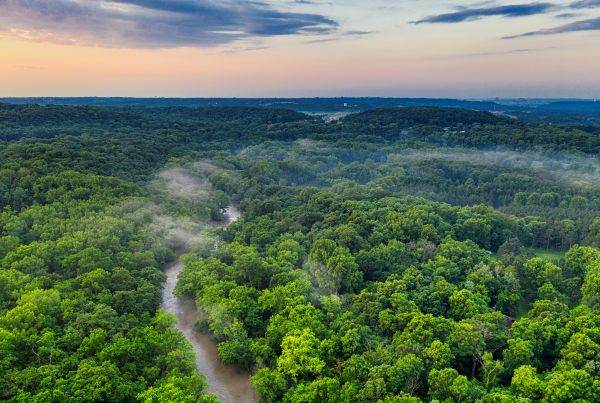Pope Leo XIV has issued one of his strongest calls for climate action as UN climate talks enter their final phase in Belem, Brazil. In a message to churches in the southern hemisphere and published by the Vatican, the pontiff denounces the lack of "political will” from some world leaders, warning that the window to limit global warming is rapidly closing.
The pope describes the Amazon as a territory under extreme climate pressure, "a living symbol of Creation that urgently needs protection.” His message highlights the gravity of increasingly violent weather phenomena, which he blames on the climate crisis: floods, droughts, storms and unprecedented heat waves. For a third of the planet's population, he says, climate vulnerability is already a daily reality. "For these people, climate change is not a distant threat. To ignore it is to deny our common humanity,” the Pope notes.
In the context of the divergences between states in the climate negotiations, Pope Leo reiterates the urgency of reducing emissions so that global warming is kept below the 1.5 degrees Celsius threshold. He defends the Paris Agreement - a document from which the United States announced, for the second time, its withdrawal under President Donald Trump - and calls it "the most effective instrument” available to protect the planet. The Sovereign Pontiff deplores the lack of action by some global leaders, without naming them, emphasizing that the problem is not the lack of solutions, but the absence of decisive political action. The Pope asks states to send "a clear signal to the world”: unwavering commitment to the Paris Agreement and to climate cooperation. In his view, only a coordinated response can lead to more equitable and resilient economic systems in the face of climate crises.
Leo XIV, the first American pope, known for his missionary work in Peru for two decades, has stood out from the beginning of his pontificate with strong messages on environmental protection. His voice echoes the themes set out by Pope Francis in the encyclical "Laudato Si'”, a document that recently marked the tenth anniversary of its publication and is considered a landmark in the ecological ethics of the Catholic Church.
The Pope's appeal was immediately welcomed by Simon Stiell, the UN climate chief, who spoke of "a powerful message” capable of mobilizing decision-makers and communities. "His words encourage us to choose hope and action,” Stiell said, highlighting the impact already felt by millions of people affected by extreme weather events.












































